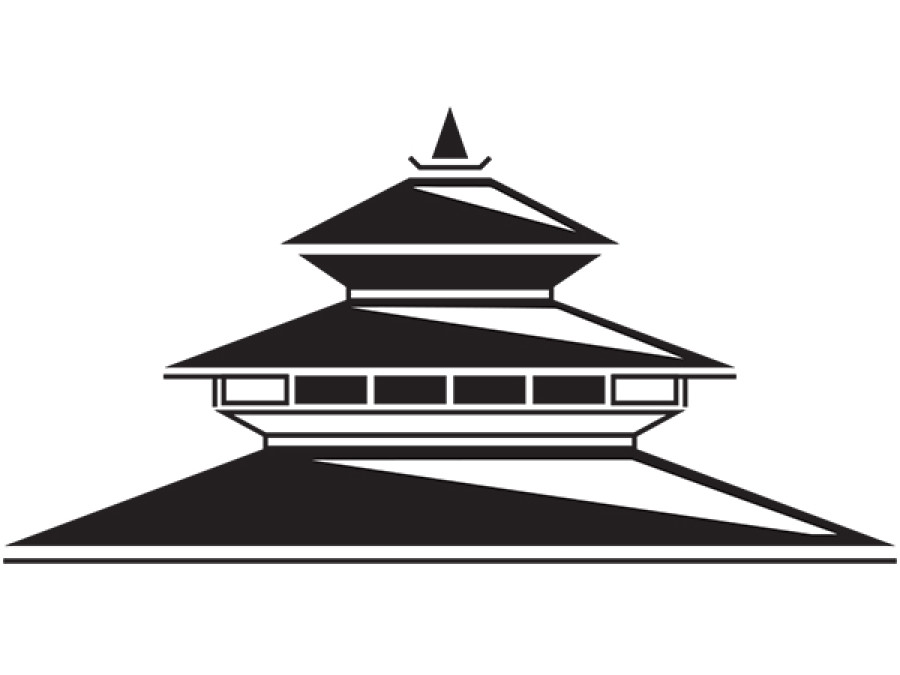Editorial
The right bills
Cabinet has rightly sent two crucial bills of huge public importance for Presidential approval
In the few weeks before the tenure of Parliament expired this month, lawmakers were engaged in hectic efforts to pass a broad gamut of laws. These included a wide range of crucial laws, including those on elections and the implementation of the constitution and federal structure.
However, there were a number of laws that could not be passed due to disputes among the political parties. First, there was the Health Profession Education (HPE) Bill, which was drafted to address the demands of Dr Govinda KC, who has been campaigning for years against corruption in the medical education sector. CPN-UML and CPN (Maoist Centre) blocked the bill, as many of their members have vested interests in the medical education field and are keen to continue to profiteer from it. Second, Parliament was unable to pass the law on elections to the National Assembly. There were disputes here over the nature of the electoral system to be adopted.
The Cabinet has now decided to enact these laws through ordinances, which have been sent to the President for approval. This is a positive sign, not just because these are crucial bits of legislation for the nation’s functioning, but also because the provisions in the legislation are beneficial to the citizens of this country.
First, the Health Education Reforms Ordinance includes a wide range of provisions to prevent profiteering and corruption in the medical education field. A key demand of Dr KC—that there should be a 10-year moratorium on opening new medical colleges in Kathmandu Valley, already overcrowded with medical colleges—has been fulfilled. The UML is particularly unhappy with this provision, as many of its members have invested in a medical college in the Valley. However, allowing them to do so would have only meant that young people lacking the knowledge but with the dream of becoming doctors would have been exploited. The example of the numerous medical colleges in Kathmandu, which lack basic facilities and adequate number of patients and are only concerned about extracting large fees from students, demonstrates the need for greater regulation in this field.
Second, the ordinance on elections to the National Assembly has decided to select a method called Single Transferable Vote (STV) over another called block voting. The mechanics of these systems are complex. But it is sufficient to understand that the block voting mechanism favours the larger parties. Its adoption would have meant that the dominant parties in state and federal legislatures would have inordinate influence in selecting National Assembly members. The STV system, in contrast, gives greater weightage to smaller parties. The government has made the democratic choice by opting for the STV system.
Of course, the ordinances will still have to be ratified by Parliament once elections are over. But for the time being, it has to be said that disputes over these bits of legislation have been settled in a satisfactory way.




 9.6°C Kathmandu
9.6°C Kathmandu














